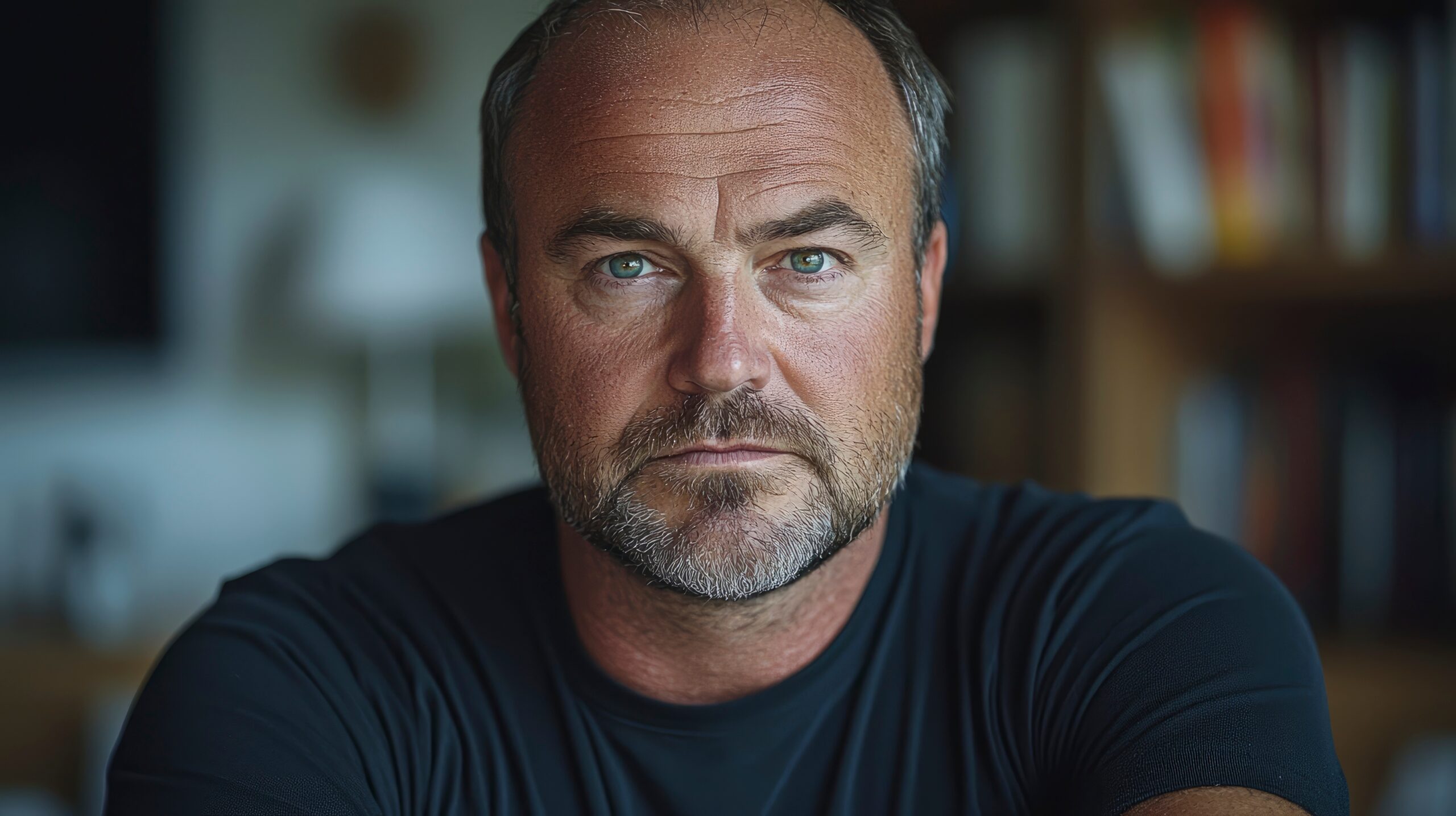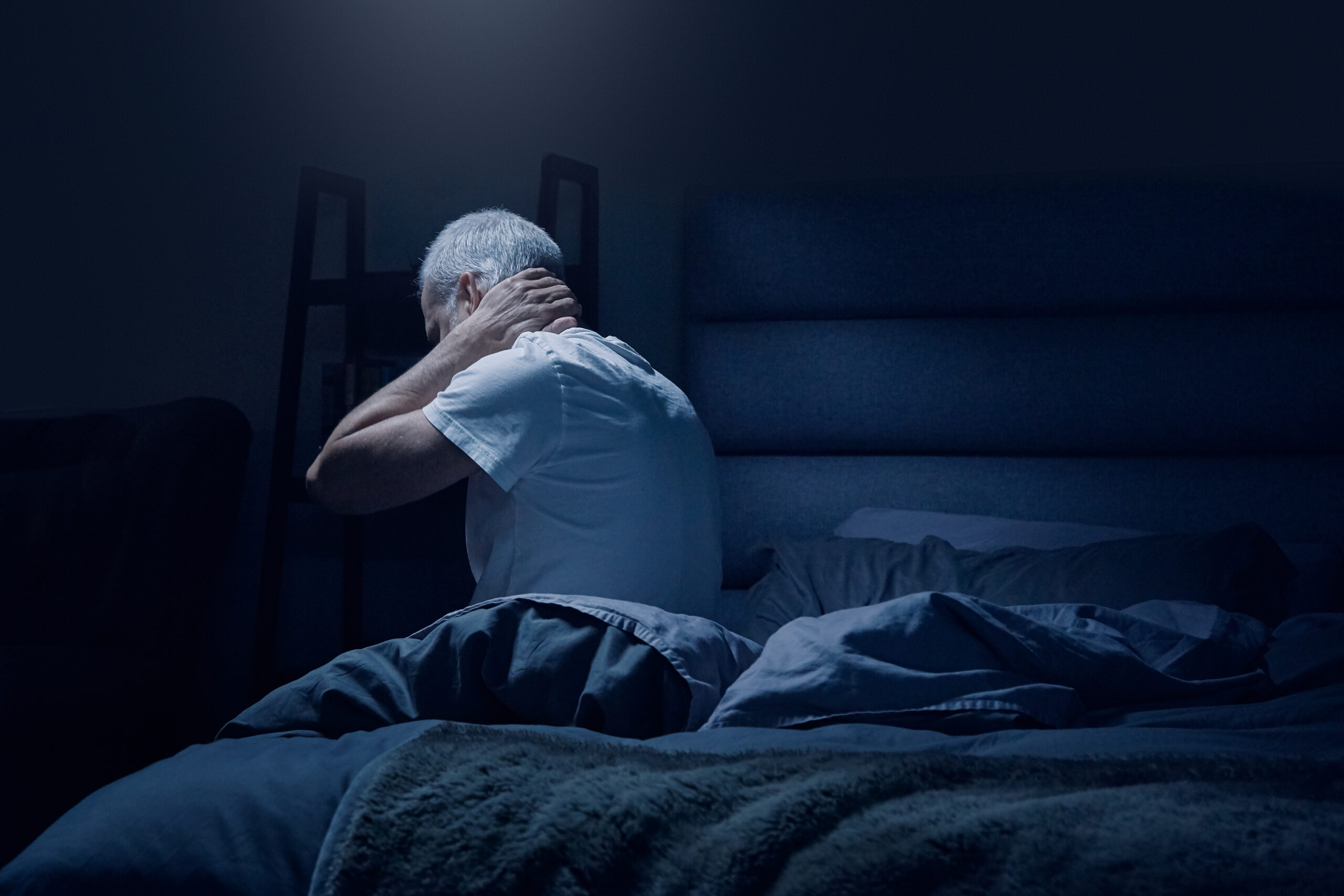Active grandmother-to-12 Gai, 73, has spent the past 30 years battling non-melanoma skin cancer (NMSC) as a result of her “misspent youth” of hours in the sun covered in coconut oil. Gai believes she has been diagnosed with close to one hundred NMSC from her time in the sun, for which she has undergone a multitude of treatments to manage them, including freezing, scraping and surgeries.
After developing an extensive cluster of NMSC lesions very close to the bone on her leg, Gai was recommended an innovative radiation therapy option for NMSC – Volumetric Modulated Arc Therapy (VMAT) available at GenesisCare clinics. The targeted treatment option was able to treat the NMSC lesions on the precarious position on her leg while sparing the surrounding healthy tissue. Gai was grateful there was a non-invasive treatment option to treat her skin cancer.
“I remember my mother having multiple skin cancers removed and undergoing surgery to have the sun damaged skin on her legs replaced with skin grafts, which was a major procedure. Radiation therapy wasn’t an option for her then, so I’m very grateful treatment of NMSC has since come a long way,” said Gai.
In Australia, the incidence of NMSC is five times that of all other cancers combined, making it the nation’s most common cancer. Approximately 2 in 3 Australians will be diagnosed with NMSC before 70 years of age.
NMSC can significantly impact a patient’s physical, mental and emotional wellbeing, as it commonly occurs in highly visible areas, such as the face. Topical creams and surgery are no longer the only treatment option available, with VMAT, an innovative technique in modern radiation therapy, now available at GenesisCare clinics as an alternative treatment for NMSC.
“The team at GenesisCare were very attentive, guiding me through the entire radiation therapy process and helping me to manage any side effects during recovery,” Gai said.
VMAT is personalised to the individual, conforming to curved surfaces to protect critical organs, helping to optimise outcomes for patients.
Gai continues to undergo regular check-ups and still enjoys spending time outdoors; playing tennis, going for walks, or spending time with her grandchildren. However, Gai remains conscious to protect her skin from the harsh Australian sun.
“I always show my kids and grandkids my damaged skin and make sure they’re aware of the dangers of not being protected the sun,” said Gai.
“With skin cancer, prevention is better than a cure, but for some of us, the damage is already done, so I urge everyone to get regular check-ups and discuss your treatment options with your doctors.”



